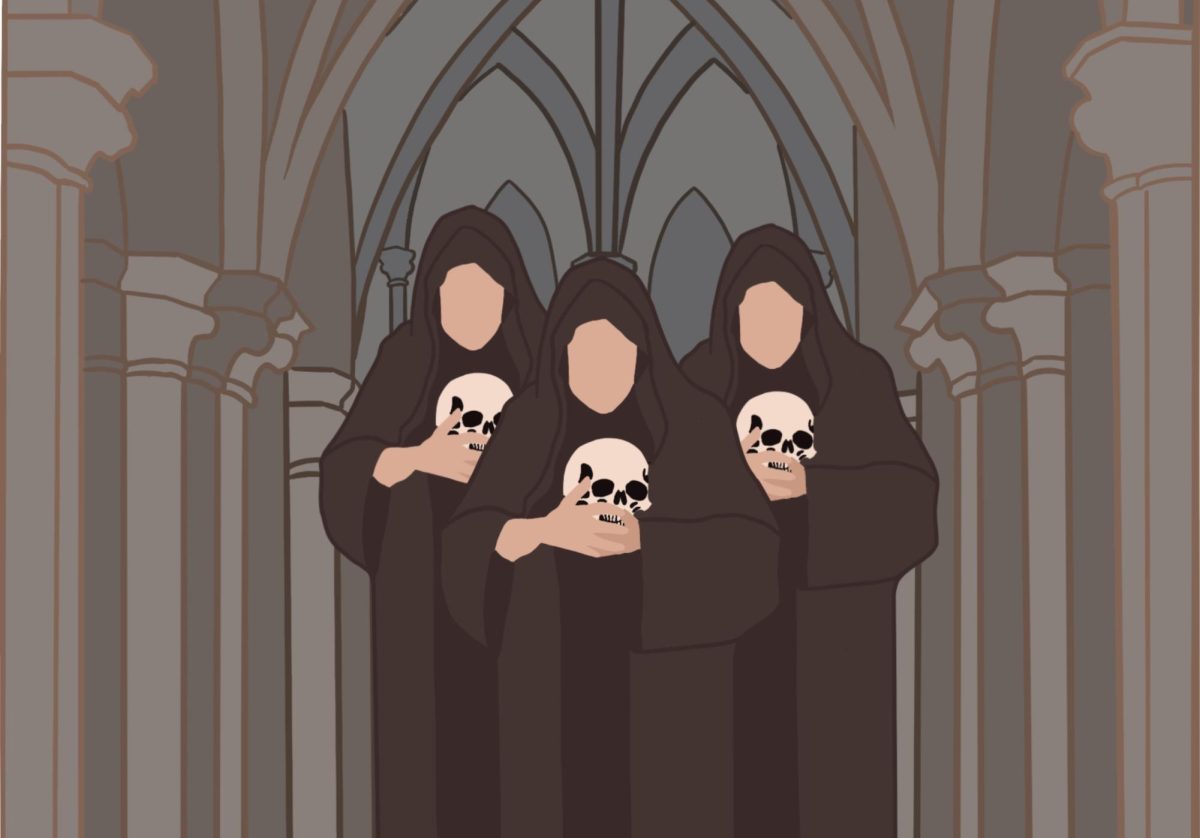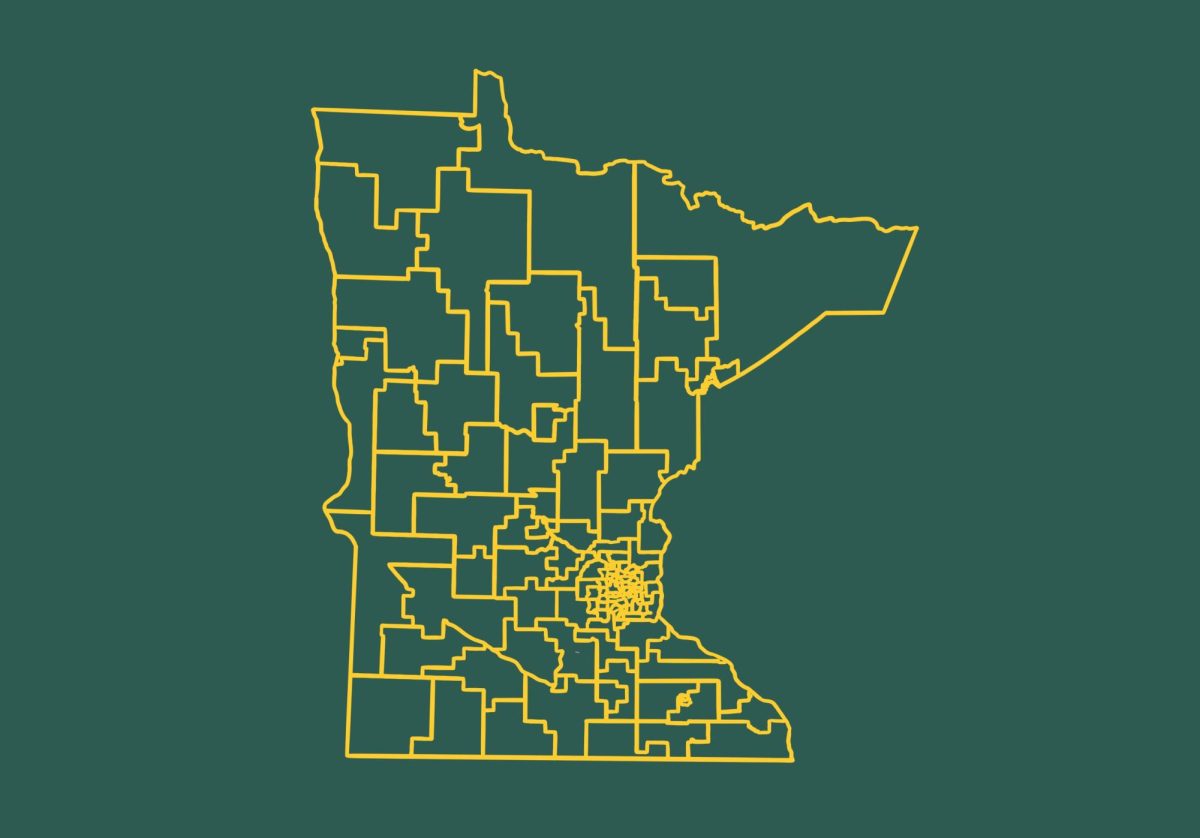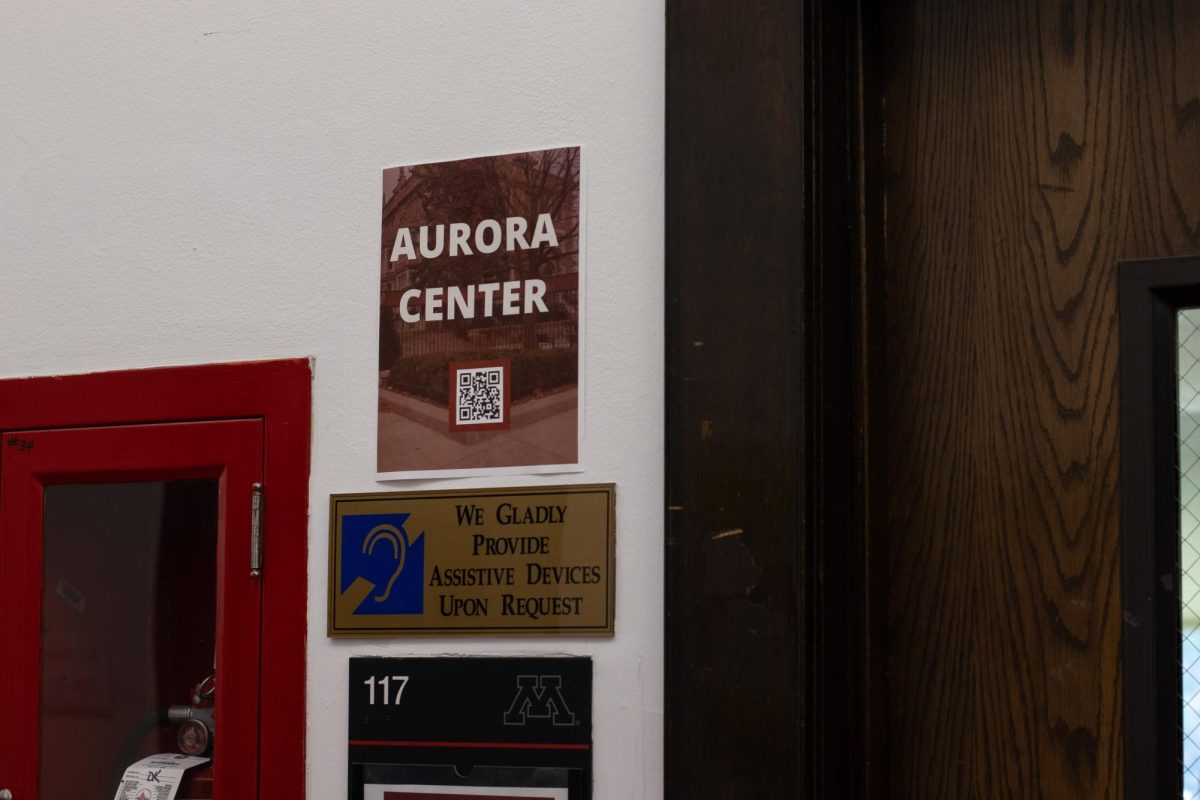When you think of the television show “Cops,” what images come to mind? Police officers chasing criminals on foot through darkened alleys? High-speed car chases with helicopters in pursuit? How about drug and prostitution stings captured by a hidden camera?
Now cut to the University and what a “U Cops” program would show: Bicycle cops busting other riders, weekend underage drinking patrols and, my personal favorite, jaywalking stings, where dangerous criminals are cited with $100 fines in midstride.
Many have questioned these recent operations, enraged that cops would be out scouring the streets for bicyclists who happen to be on the wrong side of the road or pedestrians who dare to step a foot outside a crosswalk. Some have called them too drastic; others have said it’s just plain stupid.
But these arguments are missing a larger point – that these new initiatives are merely symptoms of a much larger and disturbing trend. The mission of police officers is to protect and serve. On the Minneapolis Police Department Web site, the force’s vision is to make sure “the city of Minneapolis is the safest place to live, work and visit.” In its broadest context, a police force exists to assist and protect citizens, and enforce the laws of the land.
Somewhere along the line, this idealistic mission has been corrupted. When was the last time you felt the police was there to help you?
I wrote last year of the hockey riots, and the excessive force I witnessed against passive observers. Similarly, I drive past cops on the highway all the time who are hidden from view with their radar guns, engaging in a speed trap. We have all heard stories of racial profiling, where people of different races are pulled over far more frequently than whites.
Rather than serving the public, such actions project an adversarial approach to law enforcement, where helping someone in need comes second to lying in wait for someone to do something wrong.
I am not sure why this is the case. Perhaps municipalities are hoping to boost revenues through citations. Maybe police forces are overstaffed. Or maybe some officers simply enjoy the thrill of towering over a cowering civilian.
A Sept. 11 letter to the editor from senior Ryan Johnson noted that while dozens of cops were cracking down on underage drinking during the first weekend of school, a woman was assaulted and a house was robbed. In the case of the woman, it took officers more than an hour to reach the scene on University Avenue Southeast.
And now, with the bicycle patrols and the jaywalking stings, the situation has become even worse. The efforts of officers are being directed away from real crimes and toward everyday nuisances: bicyclists on the sidewalk and students walking across one-way streets. This is not an effort to better protect and serve, nor a drive to make Minneapolis the safest place to live, work and visit. Instead, more time, energy and money is wasted on catching normal people making minute mistakes.
An editorial in the Sept. 9 Daily reported that officers were ticketing up to 30 jaywalkers a day. I challenge anyone to tell me how Dinkytown or Minneapolis is a better place because jaywalkers are now out $100.
The dominating problem here is a philosophical one. People have come to accept cops as adversaries: towering, administrative figures who are looking to bust anyone and everyone. I challenge society to take a step back.
Rather than setting up speed traps, cops should be driving through traffic, looking for dangerous and erratic drivers, assisting stranded motorists and cracking down on road rage.
Rather than going house to house, desperately searching for underage drinking every weekend, officers should be on call for more serious issues. Naturally, if drunken teenagers spill out into the streets or cause a disturbance, police should respond. But which is more serious – robbery and assault or a drunken 20-year-old?
And rather than spending extra money and wasting officers’ time to pursue students who step outside a crosswalk, or bikers who travel a third of a mile on the wrong side of the road, perhaps the Minneapolis police could actually spend their valuable time doing something productive and helpful for society.
At some point in this country, the mentality of police forces veered away from helpful public service and toward something far more misguided, overpowering, authoritarian and judgmental. The jaywalking situation is the most blatant embodiment of the problem.
Is this what our entrusted civil servants were meant to become?
Steven Snyder’s column appears alternating Thursdays. He welcomes comments at snyd0151@umn.edu







